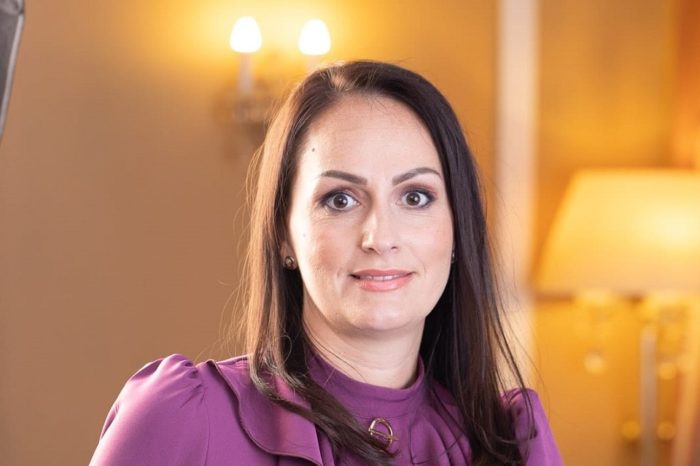Telekom Romania Mobile Communications grew its postpaid subscribers’ base for the seventh quarter in a row

In the last quarter of 2021, Telekom Romania Mobile Communications increased its post-paid subscribers by 5.3 percent versus the same period in the previous year.
At the end of 2021, more than 1.735 million postpaid subscribers used Telekom Mobile services. The total number of customers (postpaid and prepaid) reached 3.69 million. The prepaid segment has been growing for two quarters now.
“Q4 results show that we are well positioned and have all the right premises to continue with our strategy. October-December 2021 was the first full quarter after the separation from the fixed business and we have delivered results that are in line with our outlook. I am confident that our current customer proposition, together with cost discipline will deliver results. We are here to provide our customers mobile as they want it, and to continue to improve, at all levels”, said Dina Tsybulskaya, Telekom Romania Mobile CEO.
“We work at multiple layers to deliver on our promise to give customers what they want. We are also changing our organizational culture, guiding our teams on how to live the promises in the relation with our customers. Making customers happy requires more than price discounts. By January 2022, almost 67 percent of all Telekom Mobile employees and associates in the frontline retail, business sales and customer center), have undergone a newly created customer experience culture training under the name #NewMe. Notably, our customer satisfaction index posted a 10 percent increase compared to the previous quarter and we have made the interaction with the customers simpler and more transparent, and 77 percent of them are promoters of our products and services”, added Dina Tsybulskaya.
In 2021, the total revenues of the company (including MVNO) reached 386.8 million euros, a 14.6 percent decrease compared to full year 2020. The fluctuation came amid the separation from the fixed operations and the customers that had fix-mobile convergent (FMC) services, but also due to the pandemic, which limited travels across the globe.















